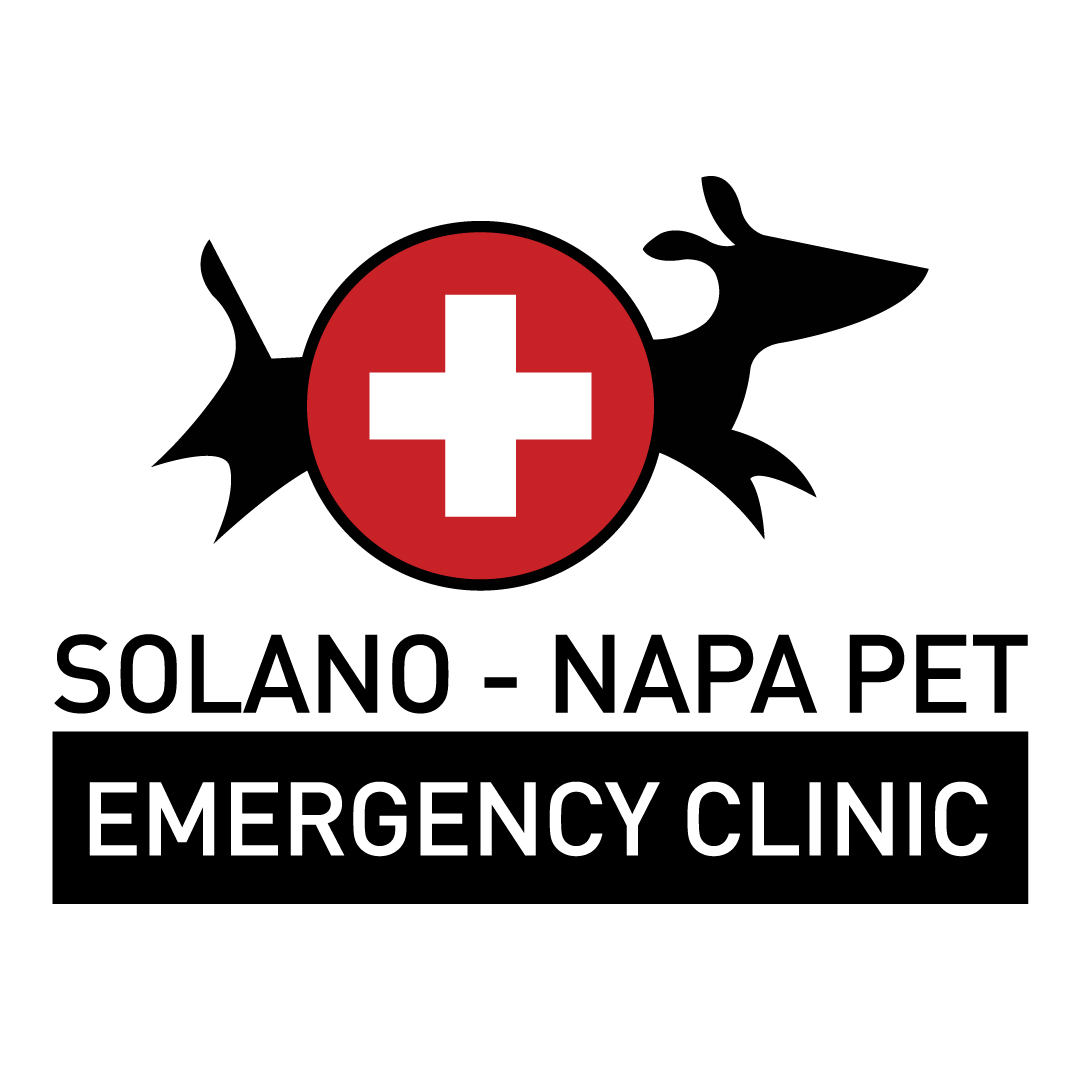What not to feed your dog
On that note, let us please discuss ye olde list of things not to feed your dog (you've probably heard most of these before):
1. Chocolate, coffee, caffeine - Understand that just because it's got chocolate in it doesn't mean it's toxic. Toxicity is dose-related to the type of chocolate. Specifically, the toxic compounds inside chocolate are called methylxanthines. Caffeine is one of many types of methylxanthine. The more methylxanthines a product contains, the more toxic it is to dogs. So dark Baker's chocolate, super toxic. Milk chocolate that contains barely any actual chocolate, much less toxic. In fact, most dogs who eat small amounts of milk chocolate get some stomach upset from the milk fat contained in the chocolate, probably some diarrhea, but that's about it. If you're concerned and want to check out the weight of your dog vs. the amount of chocolate they can safely eat, there's a super cool interactive chart HERE.
NOTE: Many times we will get calls from pet owners concerned that their dog ate not just the chocolates, but the wrappers too. Fear not, those usually pass. Usually. Visit our recent Halloween post to learn more.
2. Xylitol. This one baffles me. Darn near every sugarless chewing gum out there now contains this artificial sweetener, and it's super toxic to dogs, and dogs love the taste of it. Xylitol causes a spike in your dog's insulin level, which drops their blood sugar, leading to seizures, coma, and then after a few days, liver failure. Intravenous fluids containing sugar can ward off many of the evil effects of xylitol, so prompt attention at the veterinary ER is necessary in many cases of xylitol toxicity. Even then, there's always the chance of permanent liver damage. So I'll say it again: DOGS LOVE THE TASTE OF SUGARLESS GUM. I don't know why, but do whatever it takes to keep your purse locked up.
3. Corn cobs. I know, nobody feeds these on purpose, but dogs are oddly attracted to cobs in your trash can. Suffice it to say if your dog swallows a cob in one bite, it's unlikely to get all the way through to the other end without help. Gnawing on a cob, fine. Swallowing a cob, not fine.
4. Raw meat and bones. There's a fascinating push right now in some circles that encourage feeding of raw diets to dogs. I don't want to get into all that right now, but suffice it to say I believe (and the AVMA agrees with me) that feeding untreated, raw meat and bones is dangerous. Don't be tempted. If your dog does happen to swallow a chicken bone, cooked or raw, do call your vet for advice and guidance. Sometimes we freak out, sometimes we don't, depends on the circumstances of the foreign body ingestion. Most times if the bone gets past the esophagus and down into the stomach, we'll have you "wait and see" for symptoms of stomach upset or diarrhea.
5. Avocado. Wait, avocado? The ASPCA states pretty convincingly on their website that every part of the avocado plant is toxic. Far be it for me to disagree with the toxin specialists, so I'll leave it to the people who make Avoderm dog food from avocados: "AvoDerm(R) pet products use only carefully selected suppliers of avocado meal and avocado oil. Years of problem-free consumption of these products indicate that AvoDerm products are not only safe for dogs and cats, but also provide vital nutrients for them." So the jury is still out on this one.
6. Onions, garlic, chives - in quantity, can cause blood thinning. I haven't seen a case of onion toxity since vet school.
7. Milk. Not really a toxicity per se, but most dogs (and cats!) are lactose intolerant, so don't give them a whole bunch or you'll regret it later at the back end.
8. Raisins and grapes. Oddly toxic to the dog kidney.
9. Macadamia nuts. Oddly toxic to dogs.
What you can feed your dog
Now, here is a list of some things that are GREAT to feed your dog! As with anything in life, moderation is key, but there isn't anything inherently toxic about these foods, and they all make GREAT treats.
1. Bananas
2. Apples
3. Carrots
4. Broccoli
5. Green Beans
6. Yogurt (including frozen yogurt in the summer!)
7. Pumpkin
8. Sweet potatoes
9. Eggs (COOKED PLEASE! - raw eggs may contain Salmonella or E. Coli and an enzyme called avidin that decreases the absorption of biotin (a B vitamin), which can lead to skin and coat problems.
10. Peas
11. Cottage Cheese
12. Melons: Watermelon, cantaloupe and honeydew
13. Blueberries, blackberries, strawberries, huckleberries or raspberries (try 'em frozen!)
If you have more questions about what your dog can eat, schedule an appointment to talk about your dog's dietary needs.

